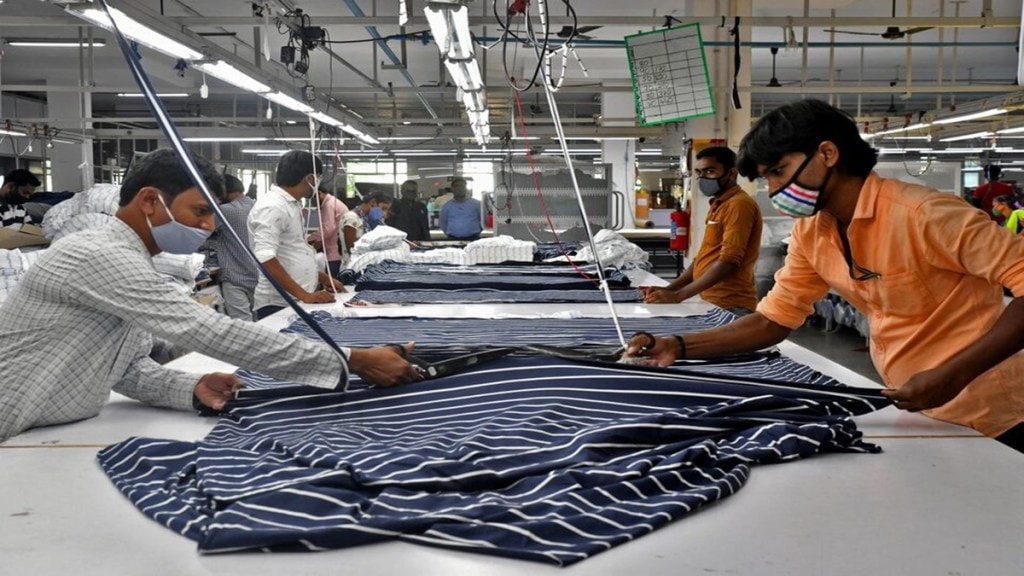The government has withdrawn Quality Control Orders (QCOs) for fourteen petrochemical products that are used as inputs in a wide array of sectors from textiles to high performance plastics.
The scrapping of the QCOs will come as a relief for the user industries, as it would have access to wider sources for these products. The QCOs, which apply equally to domestic manufacturing and imports, would have limited the number of suppliers of these products.
Under the QCOs the suppliers of products covered by the order have to get their manufacturing facilities and output certified before they can sell in India. This involves costs and time. Many overseas suppliers drop out of the process, limiting the number of suppliers for Indian industry. The number of QCOs has surged from fewer than 70 in 2016 to nearly 790 by 2025, most introduced in the past five years.
The products covered by the recent order withdrawing the QCOs include 100% polyester spun grey and white yarn, polyester industrial yarn, polyester staple fibres, polyvinyl chloride homopolymers, terephthalic acid and polyurethanes and polycarbonate.
“The rescinding of the Quality Control Orders (QCOs) on polyester fibre and yarn comes as a great relief, as it has been a long-awaited demand of all the user industries. Polyester fibre and polyester yarn form most of the man-made fibre (MMF) products, and hence, this measure by the authorities will contribute to the growth of the MMF segment in India,” chairman of Confederation of Indian textile Industry Ashwin Chandran said.
The removal of the QCOs will also improve the cost competitiveness of Indian textile and apparel products by making it easier to obtain raw materials at internationally competitive prices. Coupled with the Export Package announced on November 12, the rescinding of these QCOs will act as a huge confidence-booster for the textile and apparel sector, he added.
India’s QCOs were designed to raise product quality and protect consumers, but their implementation has stirred debate as businesses are struggling with compliance costs, import delays, and supply shortages.
On complaints by the industry on the onerous compliance burden a high-level panel headed by NITI Aayog member Rajiv Gauba was set up to review this system. According to reports the panel has suggested scrapping or deferring more than 200 QCOs. It also recommended an overhaul of the QCO regime.
The Committee found that India’s rapid expansion of QCOs—though aimed at improving quality — led to supply shortages, higher input costs, and long certification delays, especially for MSMEs. Many QCOs cover raw materials that pose no direct safety or environmental risk, making such regulation unnecessary.
The Committee noted that most countries use voluntary or buyer-based standards, while India’s overregulation has distorted manufacturing and trade efficiency.
